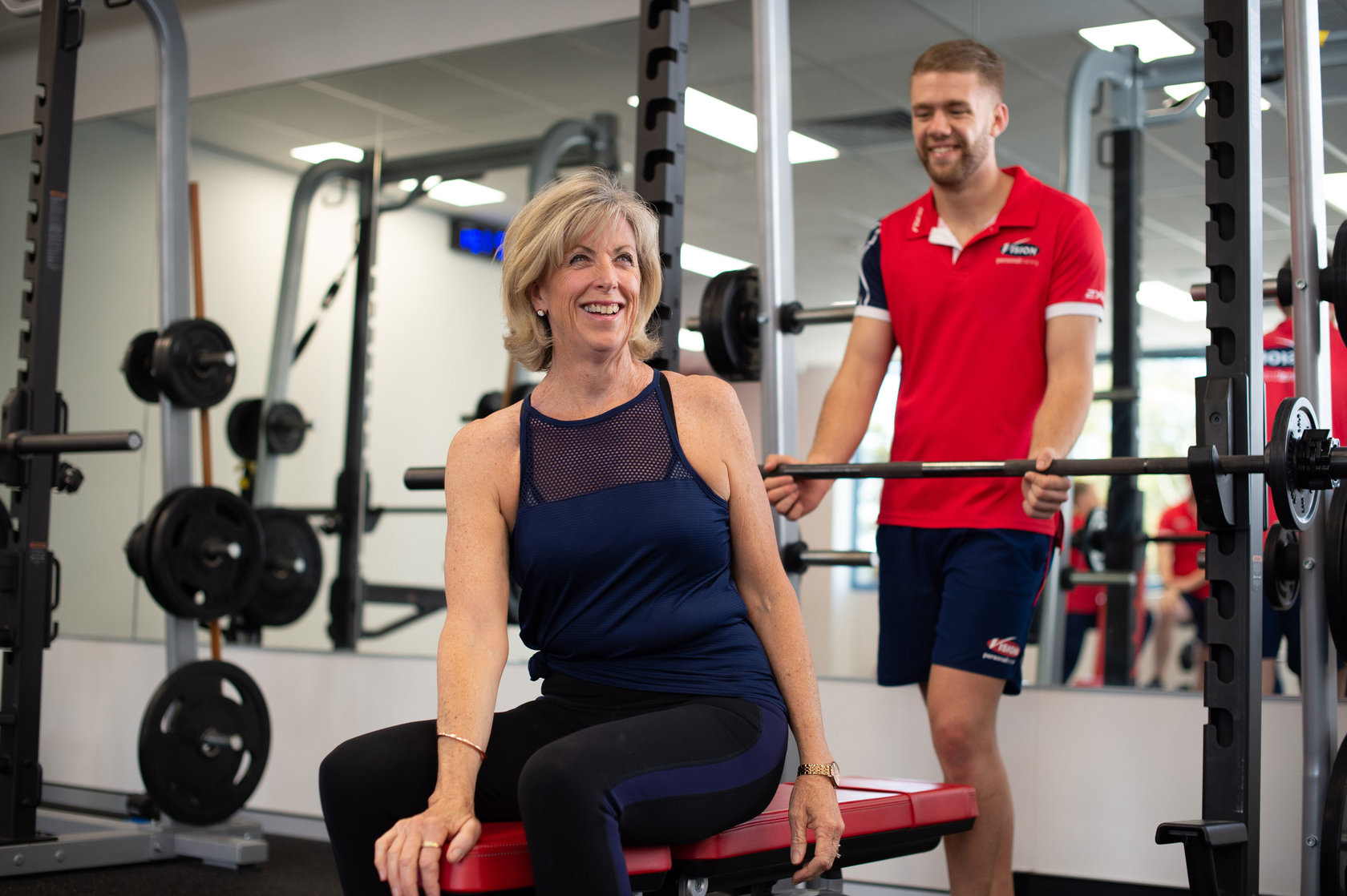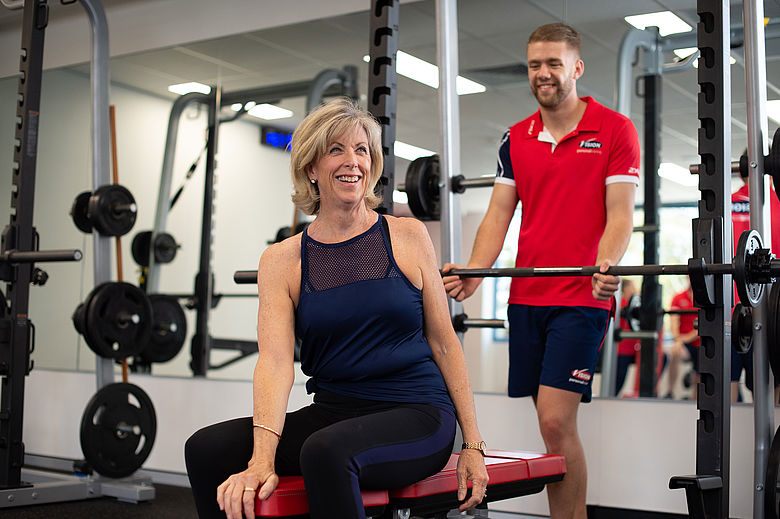High protein diets cause cancer.
Unfortunately, there isn't enough evidence to come to a conclusion with protein intake and cancer. There are studies that asked people how much protein they ate over their lifetime, and then looked at how often people got cancer. The research shows a connection between protein intake and cancer rates - but it doesn't show protein to be the main cause. A big part of the protein and cancer link comes down to factors like:
- Where the protein came from - plant or animal.
- How you cook it.
- What types of protein you're eating (e.g. grass fed steak versus a cheeseburger)?
You may have been asked the question - "plant protein or animal protein?" In a recent study they found that eating more animal protein was associated with a higher risk of death. However, with this study those people who were also eating diets high in animal protein also had other risk factors going on, such as:
- Smoking
- Being overweight
- Not exercising
- Drinking alcohol
- History of high blood pressure
- Low intake of fruit, vegetables, and fibre
At first glance of this you may think to clear your freezer of all meat and start your new vegetarian life - but, there's more to it. If you're doing everything else right, and don't have the risk factors that the meat eaters had in the study, then the higher risk of death diminishes. Likely it wasn't the animal protein on its own that was causing the higher risk of death, it was a lot of lifestyle factors that came along with eating more animal protein.
High protein diets cause heart disease
Much like the link between animal protein diets and cancer, higher intake of animal protein has also been linked to higher risk of coronary heart disease, whereas plant protein hasn't shown any link of coronary heart disease. The links from animal protein and heart disease generally associated with factors such as:
- Red meat is typically higher in fat
- People who eat higher amounts of red meat generally less likely to consume adequate fibre
- People who eat higher amounts of red meat typically exercise less than other people.
But, there are many confounding factors. For one, does seafood cause the same issues as red meat, for example?
Quality versus quantity.
With the topic "will a high protein diet harm my health" the question being often asked is in regards to the quantity of how much protein we consume, and the negative effects that come with that. However, another factor that should be looked into is that quality of the protein source. The higher a proteins quality, the more easily it can give your body the amino acids that it needs to grow, repair, and maintain body functions. It seems that where you get your protein has a huge impact on your health.
Eating a high plant protein diet improves health outcomes compared to low protein diets and high animal protein diets. Again, it comes down to the quality of your protein more than how much protein you're eating.
If you're a diehard carnivore, no worries - just add some more plant protein to your diet. Diversity is good.
Why should you eat more protein.
You may need more protein if you are:
- Physically active through exercise or job
- Injured or sick
- Pregnant or breastfeeding
- Younger (or growing)
- Older (potentially losing muscle mass)
Higher protein diets can also:
- Lower blood pressure
- Improve blood glucose regulation and levels
- Improve cholesterol
Protein and aging.
Throughout life our body is being constantly broken down and rebuilt. As you get older, you lose both muscle mass and bone mass. This process is called sacropenia. This affects how long you live and how well you live. New research shows that older people, particularly women over 65, need more protein than the current recommendations to slow down muscle loss.
Protein and fat loss
- Protein keeps you feeling full. The more protein you eat, the fuller you will stay.
- Protein makes your body work to digest it. It requires energy for your body to break down protein rich foods.
- Protein helps you hold onto your muscle, while you are losing fat.
- The more protein you eat, the more muscle you will have; the more muscle you have the better metabolism you will have.
What to make of all this.
- Have a protein source in all meals
- Consume a variety of protein sources
- If you're over 65, make sure you consume enough protein
- Plant based protein sources may be harder to meet adequate protein requirements but very doable with planning.
Matt Aston
Manager Vision Personal Training Bangor
*Disclaimer: Individual results vary based on agreed goals. Click here for details.

